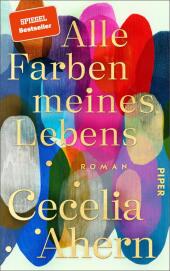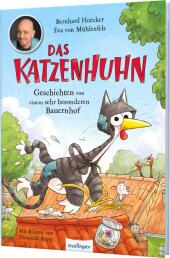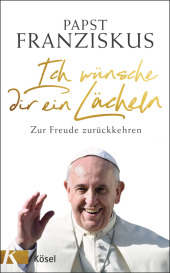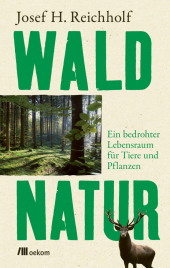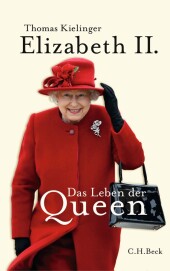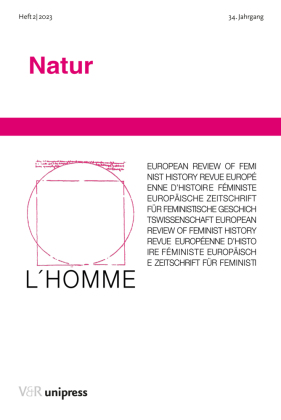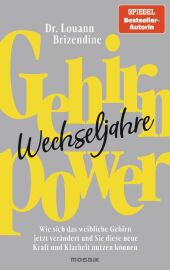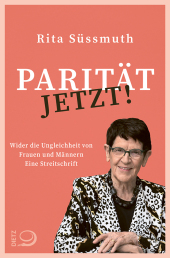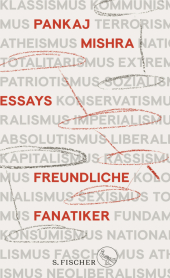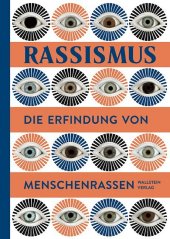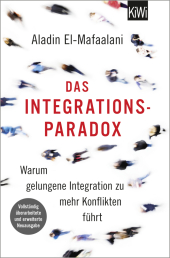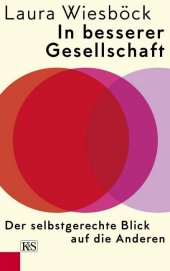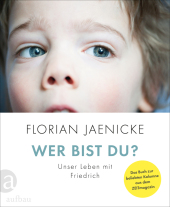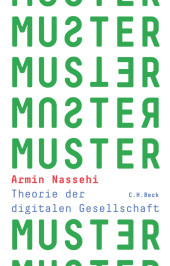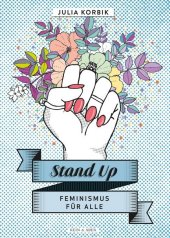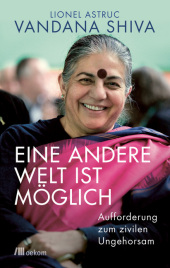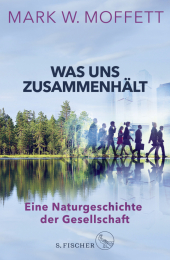Für die Kritik der modernen Geschlechterordnung war und ist die Kritik an Naturbezügen zentral - zugespitzt im Argument, das vermeintlich Natürliche sei ganz und gar kulturell und die Geschlechterordnung (ja, die Geschlechtlichkeit selbst) infolgedessen vollständig sozial konstruiert. Aus dieser Perspektive steht jedes Argumentieren mit Natur grundsätzlich unter Essentialismusverdacht. In der historischen Arbeit entpuppt sich diese Kritik zunehmend als vorschnelle Begrenzung - wenn nämlich nicht auch danach gefragt werden kann, worum es Akteur_innen eigentlich geht, wenn sie von "Natur" reden, oder wenn ein Naturbegriff absolut gesetzt wird, der selbst historisch ist. Im vorliegenden Heft werden solche Fragen anhand historischer Fallstudien von der Antike bis ins frühe 20. Jahrhundert diskutiert.
Aus dem Inhalt: Die Rolle der Inkas in Guaman Pomas Geschichte der Anden / Carolyn Merchants "Death of Nature" und sozio-ökologische Utopien der Frühen Neuzeit / Tieris
che Beziehungen / Schweizer Naturforscher in Niederländisch-Ostindien / German-Speaking Merchants on Honour and Manhood / Vormoderne Geschlechtsidentitäten in Frage stellen? / Die Verkörperung der Natur und der natürliche Körper in Plinius_ "Naturalis historia" / Menschen sind auch Mütter / The Nature of the Posthuman: Rosi Braidotti and the Resurrection of Ecofeminismian language?
"Nature" and its presumed opposite, "culture" are central categories when examining the modern order of the sexes. A central argument has long been that what is supposedly "natural" might actually be entirely "cultural" and that the "natural" gender order and even gender itself is, indeed, socially constructed. Any reference to "nature" has thus been fundamentally subjected to a suspicion of essentialism, leading to to harsh feminist critiques of intellectual currents such as "ecofeminism" or "feminism of difference". This binary way of thinking, however, seems to bear in it an unproducti
ve limitation of research. It becomes impossible to ask what historical actors are doing when they use the term "nature" and it makes the concept of nature absolute, rather than showing it to be the subject to considerable historical change. This issue discusses questions of the contingency of nature and its relationship with gender along various historical settings, thus making an important contribution to our current debate on "nature", culture and the gendered order of society.
Dr. Kordula Schnegg ist Assistenzprofessorin am Institut für Alte Geschichte und Altorientalistik an der Universität Innsbruck.

